Strengthening Your Leadership Inner Core
This is the third article in the series, Your Greatest Leadership Challenge: A Look in the Mirror at Self-Leadership. Visit my blog to read previous articles in the series.
An elite athlete’s inner core is a critical driver of his or her strength, power, speed, and agility. That’s equally true for an effective leader. And to lead others well, you must first lead yourself well. Healthy, confident leadership comes from a strong personal foundation.
As I wrote last week, building a strong inner core comes from clarity on these four key elements:
Vision: Where are you going?
Purpose: Why is this important?
Mission: What are you doing?
Values: How will you act?
This week’s focus is on mission and values. Along with an explanation of each element, I provide questions to help you get clarity in each area.
Mission: What are you doing?
Mission and purpose are often viewed as synonymous, but there is a difference. Purpose answers the question “Why?”—why accomplishing the vision is worthwhile or important. Mission answers the question “What?”—what you are doing to reach your desired destination.
Laurie Beth Jones, author of The Path: Creating Your Mission Statement for Work and for Life, describes a mission statement this way:
“The mission statement is centered on the process of what you need to be doing.”
Here’s a great example from one of the world’s most well-known companies: “Google’s mission is to organize the world’s information and make it universally accessible and useful.”
Your mission statement should be aspirational, like Google focusing on “the world’s information.” It describes what you do in broad terms without getting too tactical (i.e., the word “organize” from Google). Finally, an effective mission statement conveys the impact of your work on those you serve.
It’s your turn: what’s your mission?
Set aside time alone to write your mission statement. As I mentioned in last week’s article, you may have separate statements for your work and personal lives, depending on your situation. However, there should be congruity between the two.
Here are six questions to guide you in this process:
- How will you achieve your vision?
- Who do you serve?
- What do you do for them?
- Why is that important?
- What kind of impact will you have?
- How do you differentiate yourself?
Like the other core training exercises, it may take a few attempts to create something you’re happy with. Don’t let perfect be the enemy of good. Get to a statement that has some staying power but room to tweak as time goes on. For an example, look at the statement under the headline on my website.
Values: how will you act?
Values add a qualitative element to your core. In Self-Leadership: How to Become a More Successful, Efficient, and Effective Leader from the Inside Out, authors Andrew Bryant and Ana Kazan describe values as:
“Personal or shared enduring beliefs or ideals about what is good or desirable and what is not.”
Values are filters that guide decisions. They form a moral compass that guides behavior, whether as an individual or an organization. In the marketplace, values inform the way in which an organization interacts with its employees, customers, and other constituents.
Ritz-Carlton is highly regarded for exceptional customer service in the hospitality industry. Among its Gold Standards, the company lists 12 service values that are stated in first-person terms to make them personal, empowering, and operational. For instance, as a Ritz-Carlton employee, “I own and immediately resolve guest problems.”
It’s your turn: what are your values?
Answering this question is more about discovery than decision. Your values are already there; you just need to put words to them. Although there’s nothing wrong with common values like integrity and excellence, make sure your stated values reflect your character and personality.
Condense your values down to a few key words or short phrases to make them easy to remember and articulate. There’s no “right” number, but once you get past five or six, they become difficult to remember and can be diluted in terms of effectiveness.
I landed on five values, which I list on the About page of my website:
- Holistic excellence
- Growth mindset
- Bias for action
- Desire over fear
- Legacy thinking
Here are some key questions to guide you in discovering and compiling your values:
- What is important to you?
- What qualities do you admire about yourself?
- What qualities do you admire in others?
- What qualities are mentioned when others compliment you?
- What principles guide your decisions?
- How do you want to be remembered?
Review your values regularly, looking for consistency between them and your behavior. When leaders derail, it’s typically the result of behavior that drifts from their values, further and further over time.
What’s next?
If you’ve done your homework the past two weeks, you’re well on your way to strengthening the inner core of your self-leadership. With this strong inner core in place, we’ll move next into a discussion of individual differences and personal uniqueness.
How can you strengthen your inner core? Let’s explore the possibilities together in a complimentary strategy session. Feel free to contact me via email or schedule a telephone conversation at my online calendar.









